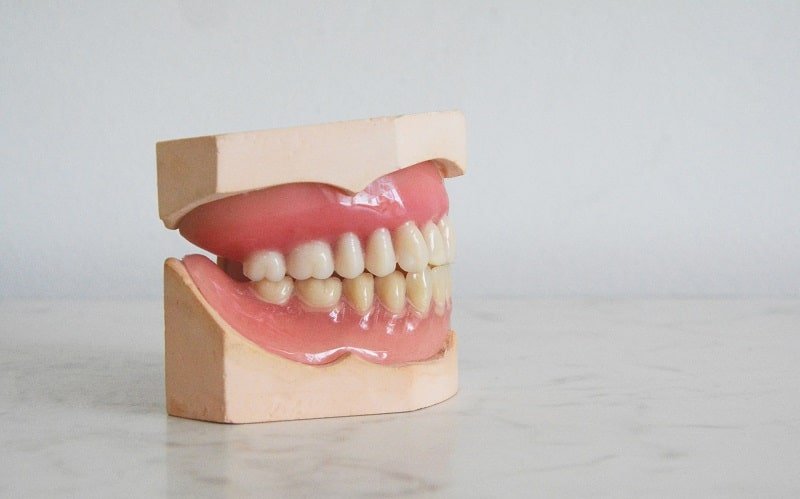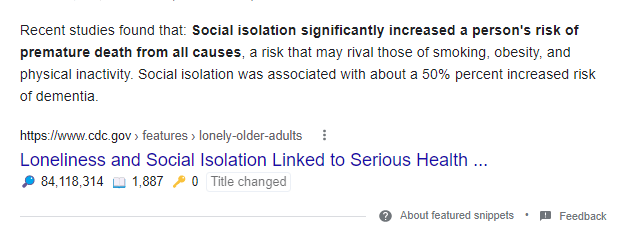21 Actionable Tips to Live A Longer and Healthier Life
Simple Yet Powerful Steps to Extend Your Healthspan

It’s no secret that living a healthy lifestyle can help you live longer. But what many people don’t know is that there are specific things you can do to make your life even healthier.
In this article, we will be discussing 21 tips for living a longer and healthier life. So without further ado, here are 17 tips to live longer and healthier.
Tips to Live longer and healthier
The following 21 strategies are grounded in decades of longevity research and represent the most impactful lifestyle changes you can make for your health. While adopting all of these habits would be ideal, research shows that even implementing 3-4 of these practices can significantly extend both your lifespan and healthspan. Choose the tips that feel most achievable for your current lifestyle and gradually build from there.
1. Eat a healthy diet
Eating a healthy diet is one of the most important things you can do to live a long and healthy life.
Eating plenty of fruits, vegetables, whole grains, and healthy fats can help reduce your risk of chronic diseases like heart disease, stroke, and cancer.
Plus, you’ll start noticing your mood and energy levels improve if you’re eating a nutritious diet.
Here’s a list of the most healthy foods you can add to your diet.
2. Get regular exercise
Exercise is not only good for your physical health, but it’s also good for your mental health.

Getting regular exercise can help reduce your risk of chronic diseases, improve your mood, and increase your lifespan.
Also, people who exercise 2 – 3 times per week feel more energetic and have better sleep patterns.
3. Don’t smoke
Smoking is one of the leading causes of death in the world. If you don’t smoke, don’t start. If you do smoke, quit as soon as possible.
👉 TIP: As an alternative (not the best choice) try using any of the FDA-approved cessation aids, like nicotine gum or patches.
4. Limit your alcohol consumption:
Drinking alcohol in moderation can have some health benefits, but drinking too much can lead to serious health problems like liver disease and cancer.
👉 TIP: Try to limit your alcohol intake to one time per week. That should be no more than 4 drinks for men and 3 for women.
5. Get enough sleep
Getting enough sleep is important for your physical and mental health. Most adults need 7-8 hours of sleep per night. If your body requires more hours, don’t deprive it.
Getting enough sleep can help improve your mood, increase your lifespan, and lower your risk of chronic diseases.
6. Take care of your teeth
Taking care of your teeth is important for your overall health. Brushing and flossing regularly can help reduce your risk of cavities and gum disease.

A study found that people with gum disease (periodontitis) are at an increased risk for heart disease.
So, if you want to avoid heart disease problems and stressful situations, take care of your teeth.
7. Manage your stress
Chronic stress can take a toll on your health. Managing stress through healthy coping mechanisms like exercise, relaxation techniques, and positive thinking can help improve your overall health.
Of course, that doesn’t mean that you should stop caring about things that are important to you, but it does mean finding a healthy balance in your life.
👉 TIP: An actionable tip is to remove all the junk from your house. This will declutter your environment and help you relax more. Also, keep in mind that the more you have the more stressed you are. Learn to live a minimalist lifestyle, it will do wonders for your health.
8. Stay connected
Staying connected with friends and family can help improve your mental and emotional health.
A meta-analysis published in the Perspectives on Psychological Science found that social isolation is a risk factor for early death. (No wonder Covid19 lockdowns were opposed by millions of people around the world).

👉 TIP: Make an effort to stay connected with your loved ones. Call them even if they don’t. Invite them for food over your place.
9. Volunteer
Volunteering can help you live a healthier and longer life. A study published in the International journal of Epidemiology found that volunteers have a lower risk of mortality than non-volunteers.
Volunteering can help reduce stress, improve your mood, and make you feel more connected to your community.
Also, the chemical reactions in your brain that are triggered by acts of kindness can help reduce stress and improve your mental health.
👉 TIP: Identify when you have spare time in your schedule. Visit local schools, local football teams, nursing homes and offer your help. Any help.
10. Stay hydrated

Drinking plenty of water is important for your health. Staying hydrated helps your body function properly and can help reduce your risk of dehydration, which can lead to serious health problems.
👉 TIP: Here’s an actionable tip: Make sure you have always with you a bottle of water. This will remind you of your hydration goals.
Check also: Simple Daily Water Requirement Calculator
11. Avoid risky behaviors
Engaging in risky behaviors like smoking, drinking, and using drugs can lead to serious health problems.
If you feel like you’re struggling with addiction, get help from a professional treatment program.
12. Get regular checkups
Getting regular checkups from your doctor can help identify health problems early when they’re most treatable.
Be sure to keep up with recommended screenings for things like cancer and cholesterol.
13. Know your family history
Knowing your family history of chronic diseases can help you make informed decisions about your health.
If you have a family history of a disease, you may be at increased risk and should take steps to prevent it.
14. Forgive
Holding on to resentment and anger can lead to chronic stress, which can take a toll on your health. Learning to forgive can help reduce stress and improve your mental and physical health.
Forgiving doesn’t mean you forget or condone the hurtful actions of others. It means you let go of anger and resentment so you can move on with your life. If you’re struggling to forgive, talk to a therapist or counselor who can help you work through your feelings.
15. Laugh More

Laughter is good for your health. It lowers blood pressure, reduces stress hormones, and increases immune cells and infection-fighting antibodies, which helps improve your disease resistance.
👉 TIP: Instead of watching dramas or horror movies, watch comedies or shows that make you laugh.
16. Be Positive
A positive outlook on life can improve your health and lengthen your life. Positivity has been linked with lower rates of depression, heart disease, and stroke.
So find things to be thankful for in your life and focus on the good. You can also try practices like meditation or mindfulness to help you stay positive.
17. Connect with Nature
Spending time in nature can improve your health and well-being.

Nature has been shown to reduce stress, anxiety, and depression while also increasing feelings of happiness, relaxation, and vitality.
So get outside and enjoy the fresh air!
18. Practice Intermittent Fasting
Multiple studies show that intermittent fasting can extend lifespan by reducing inflammation, improving metabolic health, and activating cellular repair processes like autophagy.
Research also suggests that eating in a 6-hour window and fasting for 18 hours can trigger a metabolic switch from glucose-based to ketone-based energy, with increased stress resistance and decreased incidence of diseases.
👉 TIP: Start with a 12:12 schedule (12 hours eating, 12 hours fasting) and gradually work up to 16:8 if comfortable.
19. Cultivate a Clear Life Purpose (Ikigai)
This is notably missing from your list despite being a core principle in Blue Zones research. Having a sense of purpose is worth up to seven years of extra life expectancy.
A study of 7,000 adults over 50 found that those with the lowest life-purpose scores were twice as likely to die compared to those with the highest scores.
👉 TIP: Ask yourself: “What gets me excited to wake up each morning?” Write down activities that make you feel useful to others or society.
20. Practice Heat and Cold Therapy
Cold exposure has been shown to reduce chronic inflammation, enhance antioxidant defenses, and improve metabolic health by activating brown adipose tissue ScienceDirectPubMed.
Research suggests 11 minutes total per week of cold exposure can provide metabolic and mood benefits.
👉 TIP: End your shower with 30-60 seconds of cold water, or try cold plunging 2-3 times per week for 2-3 minutes.
21. Prioritize Protein Intake and Muscle Maintenance
While you mention healthy diet, you don’t specifically address protein needs for aging. Research shows adequate protein intake (especially in older adults) is crucial for maintaining muscle mass, which directly correlates with longevity.
👉 TIP: Aim for 0.8-1.2 grams of protein per kilogram of body weight daily, focusing on high-quality sources like fish, lean meats, legumes, and dairy.
Final Words
Living a healthy and long life is something we all aspire to. The 21 tips listed in this article provide actionable tips to live longer and healthier.
From staying hydrated to avoid risky behaviors, there are plenty of ways for you to improve your health today.
Be sure to try some of these tips and see the positive difference they make in your life!
What did you do to make sure you lived a long and healthy life? Let us know in the comments below!
Also, if you enjoyed this article, please share it with your friends! I’m sure they would appreciate the tips as well!
